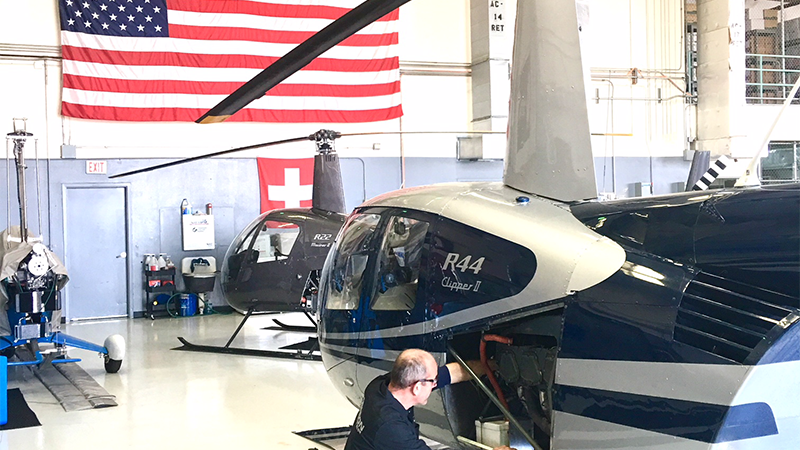Flight training at 702 offers many benefits, here are several:
- Experienced Instructors: 702 has a team of experienced and qualified flight instructors who have been in the industry for many years. They can provide high-quality training and share their real-life experiences with students.
- Diverse Fleet: 702 has a diverse fleet of helicopters and airplanes, including the Robinson R22, R44, Cessna 172, and 182. This allows students to gain experience flying different types of aircraft and broaden their skills.
- Convenient Location: 702 is located in Las Vegas, Nevada, which provides a great training environment with a variety of terrains, from the desert to the mountains. The location also allows for easy access to nearby scenic areas, which can provide unique training opportunities.
- Competitive Pricing: 702 offers competitive pricing for flight training courses, which can be a great advantage for students who are looking to obtain their pilot’s license at an affordable cost.
- Job Opportunities: 702 has connections with various companies and organizations in the aviation industry, which can provide job opportunities for graduates. This can be a great advantage for students who are looking to pursue a career in aviation.
702 is located at North Las Vegas Airport, a class D airport under a class B airspace. This also offers advantages:
- Exposure to Air Traffic Control (ATC): Class D airports have a control tower, which means that flight training at these airports allows students to get exposure to ATC communications and procedures. This is especially important for students who plan to pursue a career in aviation, as they will be required to interact with ATC on a regular basis.
- Increased Safety: ATC at Class D airports helps to ensure that there is a safe flow of traffic in and out of the airport. This can be especially beneficial for student pilots who are still developing their situational awareness and decision-making skills.
- Real-World Experience: Flight training at a Class D airport provides students with a real-world experience that is similar to what they will encounter in their future flying career. This can help to prepare them for the demands and challenges of flying in busy airspace.
- Variety of Training Scenarios: Class D airports often have a mix of commercial and general aviation traffic, which provides a variety of training scenarios for student pilots. This can help to expose students to a range of different aircraft and flying situations.
- Enhanced Communication Skills: Flight training at a Class D airport requires clear and concise communication with ATC, which can help to enhance a student pilot’s communication skills. This is an important skill that is required for all pilots, regardless of their level of experience.
It’s important to note that each individual’s experience may vary, and the reasons listed above may not apply to everyone. It’s always a good idea to do your research and speak to current or past students before making a decision on flight training.




